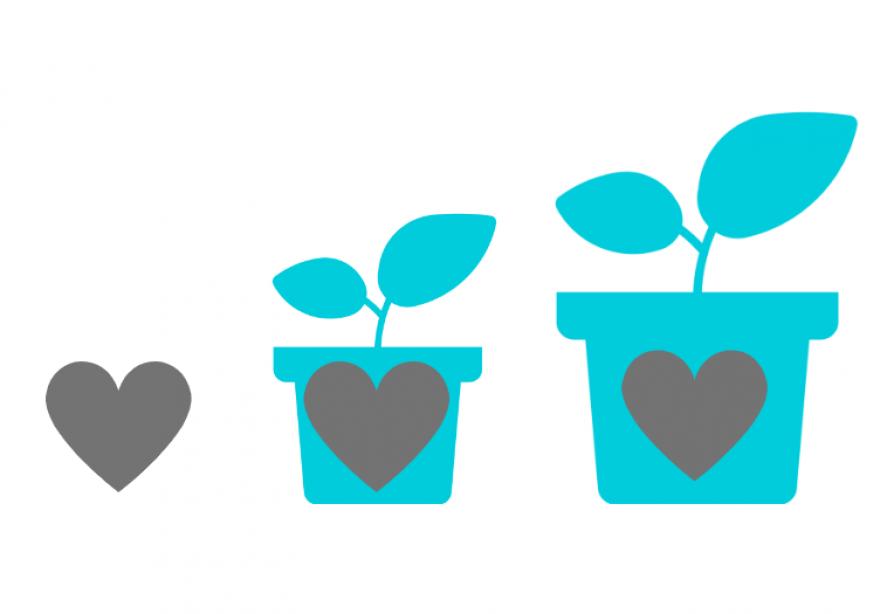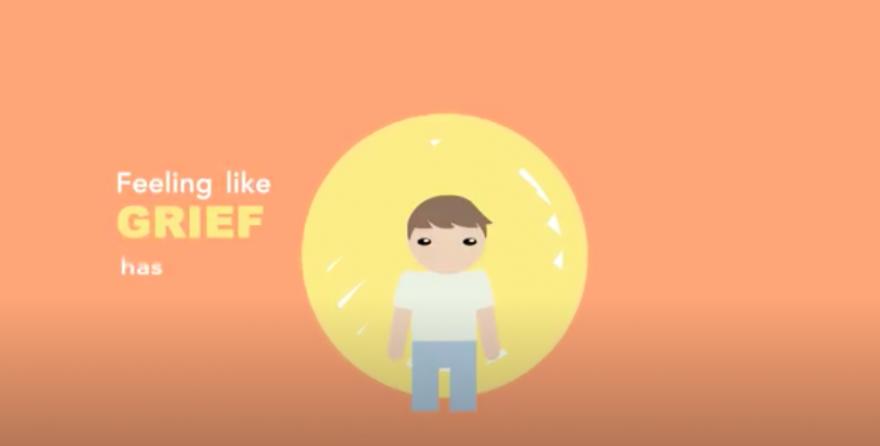What are grief and loss?
Whilst they may affect each of us in different ways and at different times, they form part of a universal human experience.
Loss
Loss can take many forms such as the death of a loved one, the breakdown of a relationship or losing a job. It is a part of life that can bring us together, and is something we all experience at some point in our lives. Following a loss, we may experience a range of different emotions including sadness, loneliness, guilt, relief and even anger. We may also feel empty or numb, as if nothing has any meaning, or feel frustrated at how we are feeling.
Grief
Grief is something we often experience in the wake of a loss and can be defined as ‘a feeling of deep sorrow or distress that is caused by loss or affliction.’ It is a powerful emotion and physical reaction to the loss of something or someone. Although typically an emotional response to loss, grief can also manifest as cognitive, behavioural and physical challenges such as changes in appetite, sleep disturbance, difficulty concentrating, and/or a loss of interest in work and other activities.
Note: Neither the assessment nor the information provided in this module is designed to diagnose you. We’d like to demonstrate the consequences of unresolved grief and trauma and to point you in the direction of relevant resources to help you if you or someone you know are struggling right now.
7 Stages of grief
Experiencing a loss can feel lonely, particularly when that loss is the bereavement of a loved one. It is important to know that you are not alone. The best way to move forward is to give yourself permission to go through the different stages of grief. Try to experience these emotions without judgement and do not compare your experience of grief to someone else’s. We all grieve differently and that is ok. It can be helpful to identify where you are in the grieving process and recognise when you might need to seek additional support.

Reaching this last stage means that you have the ability to accept what has happened and to reflect on good memories. It may become easier to talk about your loss and to look back on memories fondly. You may still experience feelings of sadness from time to time and that is ok.
Note: Grief is not always a linear process, you may skip or go back and forth between stages and that is ok. Grieving is your own personal experience and the time that you spend processing your loss may be different to others, just know that you are not alone.

Grow around your grief
This image illustrates a helpful metaphor for thinking about grief. Developed by Dr Lois Tokin, it takes the view that rather than grief becoming smaller over time, life grows and becomes bigger around it. It acknowledges that there will always be days where you experience strong feelings of sadness but that there will also be days where you experience joy.
This model highlights that accepting your loss does not mean forgetting it, but allowing yourself to continue growing a new life around it.
Tools for navigating grief and loss
Support Services
The Loss Foundation is a UK charity dedicated to providing free bereavement support following the loss of a loved one to cancer or COVID-19, whether that be spouses, family members, friends or colleagues.
They provide a variety of different events to help people at any point during their loss, and create the opportunity for them to meet others who have experienced something similar. Their website also offers workshops, training and support to those who have suffered the loss of a loved one.
This service offers online information and support on how to cope with the bereavement of a friend or family member. Their website also offers advice on how to best manage a number of practical issues following the loss of a loved one.
This service is specifically designed to support those who have been impacted by suicide loss in the UK. Their website offers a range of support and advice to all those over the age of 18.




